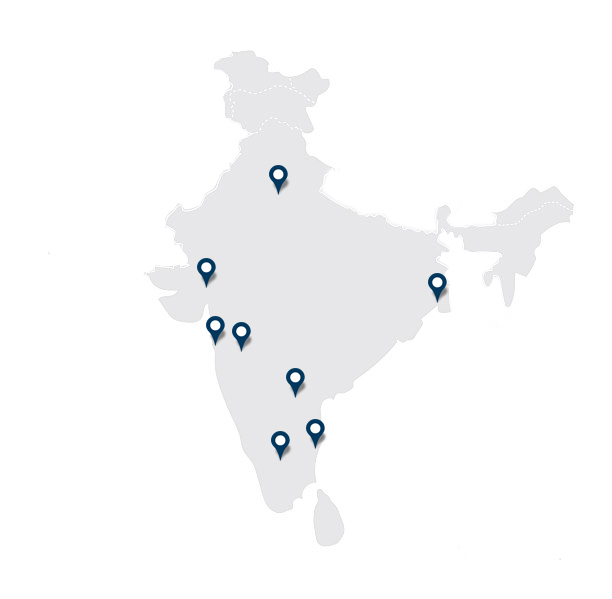Introduction
Each year, a select group of students from around the world is awarded the chance to pursue fully funded postgraduate studies at the University of Oxford—an opportunity that carries both prestige and profound responsibility. The Rhodes Scholarship, one of the oldest and most competitive international scholarship programmes, is far more than financial aid; it represents a legacy of leadership, service and intellectual excellence that spans over a century.
For many aspiring scholars, especially those passionate about creating impact across disciplines and borders, understanding how to get the Rhodes Scholarship can feel daunting. The process is highly selective and the expectations go well beyond grades and academic achievements. In this detailed guide, we’ll walk through every stage of the Rhodes journey, demystify the application process and offer insights that are often missing from conventional resources.
Before diving into the how, it’s worth understanding what the scholarship truly stands for—and why it remains so significant today.
Understanding the Rhodes Scholarship
The Rhodes Scholarship is not simply awarded to the brightest minds—it seeks individuals with the potential to lead, inspire and contribute meaningfully to society. The selection criteria are rooted in four key pillars: academic excellence, energy to use one’s talents to the full, truthfulness and moral force of character, and a commitment to service. These values, laid out by Cecil Rhodes over a century ago, still shape the profile of a successful candidate.
What sets the Rhodes Scholarship apart is its holistic assessment. The committee is as interested in your ability to critically question the world around you as it is in your marksheets. If you’re wondering how to get the Rhodes Scholarship, it begins with aligning your journey not only to intellectual goals but also to a larger sense of purpose.
Of course, before diving into the application itself, it’s essential to know whether you meet the basic eligibility requirements to avail yourself of the Rhodes Scholarship.
Eligibility for the Rhodes Scholarship
- You must apply through the Rhodes constituency you are eligible for, typically based on your citizenship or long-term residency.
- India is one of the largest constituencies, with a dedicated selection process. Dual nationals may have a choice between eligible constituencies but can only apply to one.
- You must be between 18 and 24 years old on 1st October in the year of application.
- Some exceptions exist for those who completed their first undergraduate degree later than usual—certain constituencies allow up to 27 years, provided the degree was earned within the past two years.
- A first-class undergraduate degree or equivalent is essential. The academic standard expected is high, as Oxford’s graduate programmes are rigorous and competitive.
- You must meet the admission criteria for your intended course at the University of Oxford, including English language proficiency.
Application Process
Step-by-Step Breakdown
- Application requirements can differ slightly depending on the region. Visit the official Rhodes website and review guidelines specific to your constituency (e.g., India, US, Australia).
- Academic transcript from your university
- A birth certificate or a valid passport as proof of age and nationality
- Curriculum Vitae (maximum 2 pages)
- Personal statement (up to 1,000 words)
- Proof of English language proficiency (if applicable)
- List of referees (typically 4 to 6 academic and non-academic referees)
- Applications must be submitted through the Rhodes online portal. Ensure all uploads meet the specified file formats and size limits.
- Deadlines vary by country, but for Indian applicants, submissions typically close around early August. Late applications are not accepted under any circumstances.
- If shortlisted, you’ll be invited for a personal interview—a key deciding factor. In India, interviews are traditionally held in Delhi around November.
Tips for a Successful Application
- Avoid writing what you think the committee wants to hear. Speak to your real motivations and questions you’re wrestling with.
- Link your past experiences to your future goals, especially those with social or ethical significance.
- Be honest, but not self-deprecating—clarity and conviction matter more than embellishment.
- Select referees who know you well and can provide detailed, anecdotal insights into your character and potential.
- Academic references should reflect intellectual depth, while non-academic ones should speak to your leadership, impact and values.
- Give them ample time and context; a rushed letter often shows.
- Rhodes selectors look for potential, not perfection. Real-world action, especially in uncertain contexts, often resonates more than polished achievements.
Conclusion
Securing the Rhodes Scholarship is no small feat, but with clarity, preparation and purpose, it’s within reach for those who genuinely aspire to lead and contribute meaningfully. If you’re wondering how to get the Rhodes Scholarship, remember that it’s not just about credentials—it’s about who you are, what you stand for and how you choose to engage with the world around you.
At Fateh Education, we’ve guided countless students towards their global academic goals. Whether you’re just starting your research or are gearing up to apply, our expert mentors can help you strategise every aspect of your application—from selecting programmes to refining personal statements.
Book a free consultation with our study abroad specialists and take the next step with confidence. Your Rhodes journey doesn’t have to be a solo one—and with the right guidance, it can become a defining chapter in your story.


